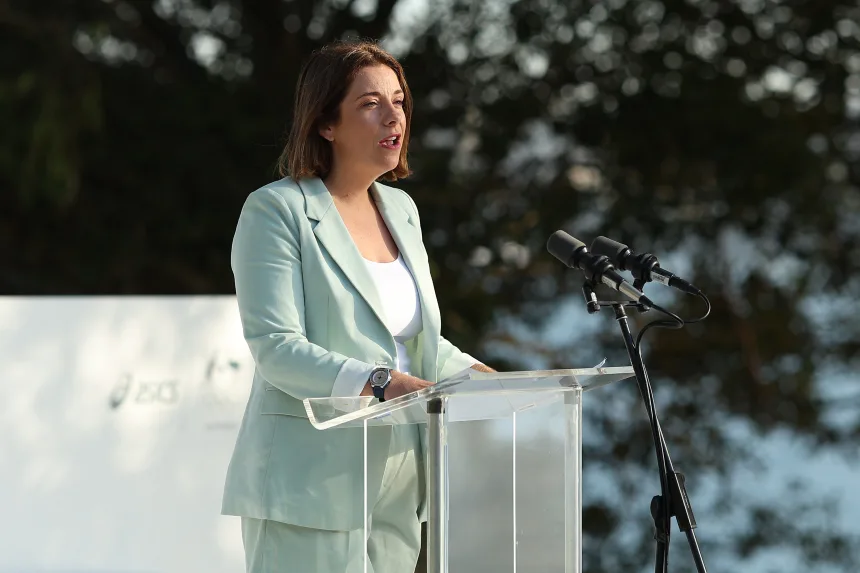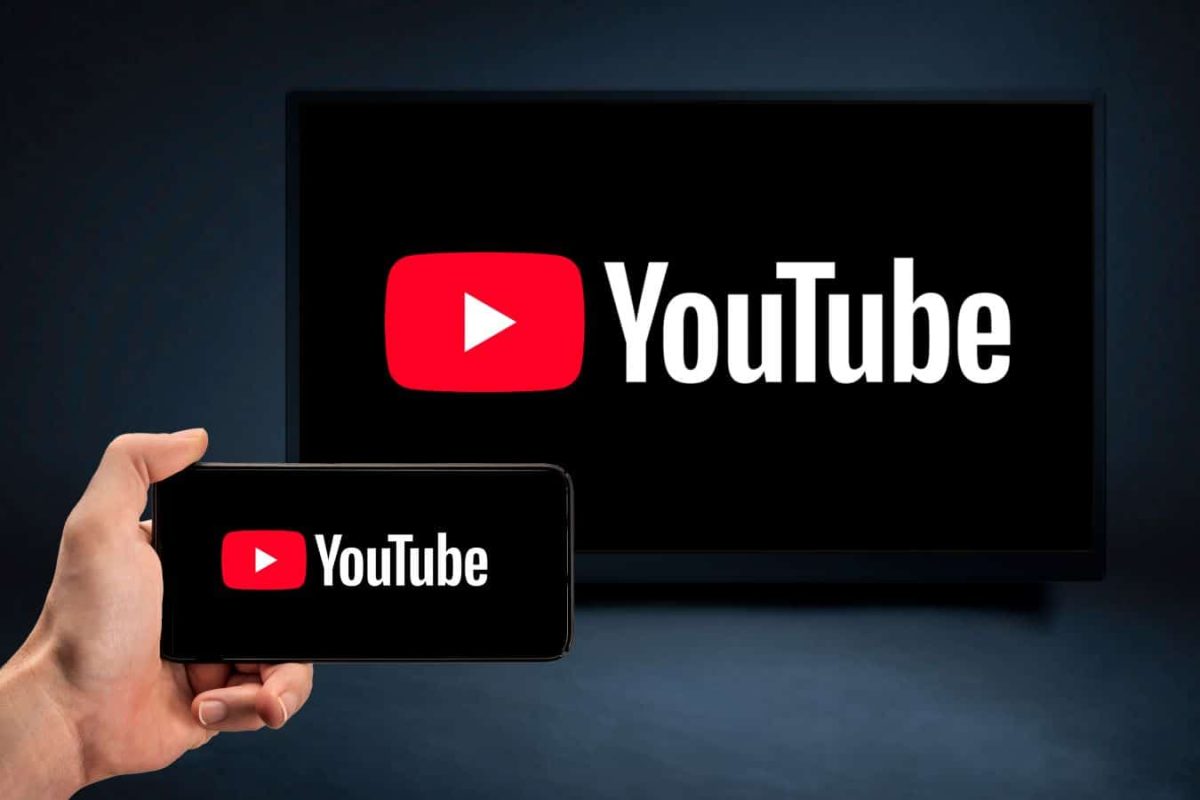Australia’s Labour government has reversed an earlier stance, announcing that YouTube will now be included in its social media ban for children under 16.
This decision, revealed on Wednesday, means the Google-owned platform will face the same restrictions as Facebook, Instagram, Snapchat, TikTok, and X under new legislation effective in December.
The upcoming law places the responsibility on social media companies to prevent children under 16 from creating accounts, with potential fines of nearly A$50 million (US$32 million) for non-compliance.
A YouTube spokesperson expressed disappointment, calling the inclusion a “reversal of a clear, public commitment” that previously recognised YouTube as an educational tool. They stated YouTube would “consider next steps and will continue to engage with the government.”
YouTube Kids, however, will be exempt, as it doesn’t allow user uploads or comments.
Communications Minister Anika Wells defended the expanded ban, likening it to teaching children to swim safely.
She emphasised that the government “will not be intimidated by legal threats” in what she sees as a crucial fight for the well-being of Australian children.

The decision to include YouTube was heavily influenced by a recent eSafety Commission survey, which found that 37% of surveyed children reported encountering harmful content on the platform. This content includes misogynistic ideas, dangerous challenges, fight videos, and content promoting unhealthy habits.
Wells argued that YouTube utilises “the same persuasive design features as other social media platforms, like infinite scroll, autoplay, and algorithmic feed,” making it difficult for children to resist. She accepted the eSafety Commission’s recommendation that YouTube should not be treated differently from other social media platforms.
The government passed the “world-leading” legislation last year, allowing a 12-month period to develop implementation details. Age assurance verification trials conducted as part of this research indicated that age verification can be “private, robust,
and effective,” though no single, universally effective solution was found. The preliminary report also raised concerns about platforms potentially collecting excessive personal data for future regulatory or law enforcement inquiries.
Critics have voiced privacy concerns and worries that the ban might limit support options for isolated or vulnerable children. Wells acknowledged the ban won’t be foolproof, joking that “Kids, God bless them, are going to find a way around this.”

Social media platforms, including YouTube, assert they are already taking steps to protect minors online.
YouTube recently announced new AI trials in the US to identify users under 18 by analysing their search history, video consumption, and account longevity. For underage users, personalised ads would be deactivated, well-being tools activated, and repetitive viewing limited.
Despite industry lobbying efforts, including TikTok’s recent ads promoting its educational value, Wells remained steadfast.
She even revealed that YouTube sent a representative from the popular children’s entertainment group, The Wiggles, to argue against its inclusion in the ban. Wells dismissed this argument, stating she found it unpersuasive given the statistics on online harm to children.
A survey of nearly 3,500 Australian children aged 10-17 found that three out of four had encountered harmful content online.


 Trending
Trending 
